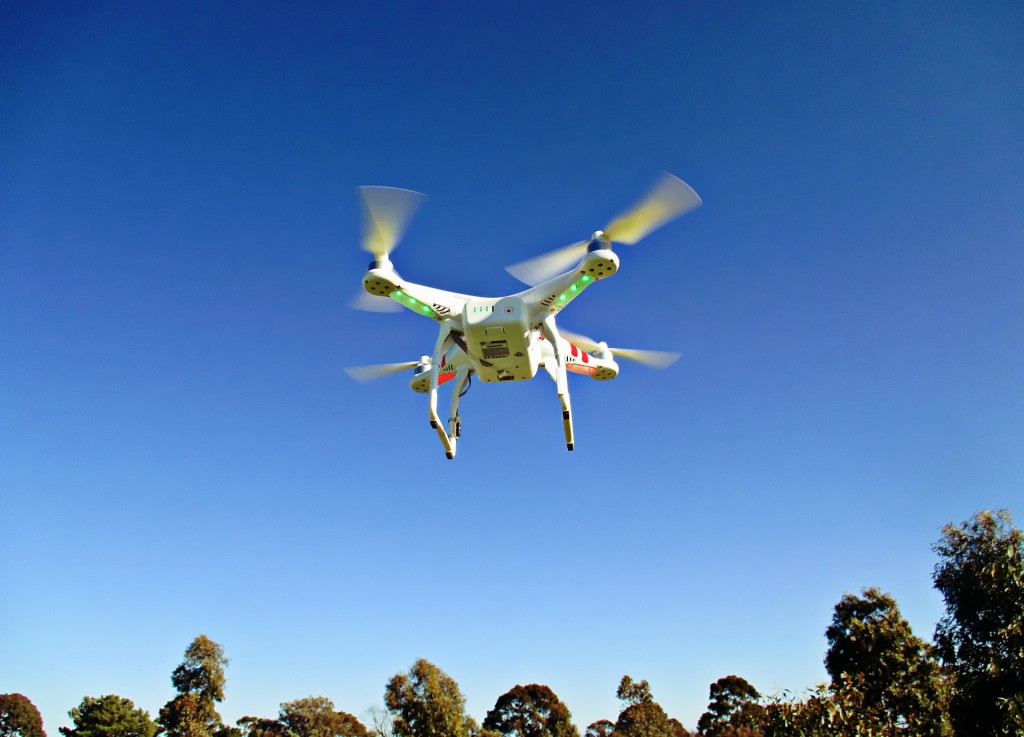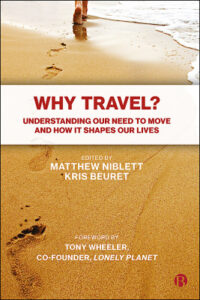Tourists arrested for flying a drone over the Vatican: drones and the future of tourism

Drones are becoming increasingly popular as the new ‘must-have’ item for capturing holiday experiences. But might drones also help offer a virtual travel experience to those unable to travel?
29th December 2015
Two tourists were recently arrested in Rome for flying a drone over the Vatican in an attempt to get some unique holiday snaps – and violating the city’s airspace ban in the process. The ban on drones has been put in place in Rome due to security fears during the Catholic holy Jubilee year, which began earlier this month. But Rome is just one among many places where airspace restrictions are being tightened due to fears over the safety of drones. Following terror attacks in Paris, drone flights were banned in the city and there has been a ban in all US National Parks since 2014, apparently due to visitor complaints about noise and disturbance to wildlife.
Some drone users have found that the regulations over drone use are unclear, perhaps as a result of authorities lagging behind the relatively rapid emergence of consumer-operated drones. Even where rules are clear, many people are not aware of them and can fall foul of the law, as the tourists in Rome did. As drones become ever more popular with tourists it seems likely this problem will grow.
Despite these problems, many travel businesses are embracing drone technology. The website TravelByDrone allows users to share and watch drone footage ‘pinned’ to a map thus enabling people to “explore the world from the perspective of drones.” Taking the idea of virtual travel by drone a few steps further, Professor Helmut Hlavacs of the University of Vienna is working on a system that allows a user to direct a drone remotely – perhaps from across the world – whilst sitting at home wearing a virtual reality headset which receives the drone’s view in real-time. The system is in early stages yet, and would require resolution of regulatory issues as well as technical ones to become a reality; but Hlavacs is optimistic that drones can play a part in the future of tourism. Not only would drones offer an environmentally less damaging alternative to physical travel, they may open up opportunities to those otherwise unable to travel: “One big aspect of this is inclusion: for people who can’t afford to travel, people with disabilities, people who for some reason aren’t able to spend the time.”¹
Travel and technology industry analysts are predicting 2016 as a year of marked growth in the use of virtual reality and drones within tourism, and drones are already being hailed as the must-have gadget for luxury travellers.² The desire and ability to ‘capture’ a certain site by drone may even become an increasingly popular motivation behind tourists’ choice of destination. It seems likely that drones will play some part in shaping travel trends over the next few years and will probably inspire people to travel at least as much as they replace that desire through the virtual experience of travel that they offer.
Understanding the role of technology in shaping human travel behavior is of crucial importance if we are to plan better for the future. The ITC’s Why Travel? Project has been set up to explore the complexity of human travel motivations, including the role played by changing technologies, in the belief that a better and more realistic understanding of why we travel can and should be used to make better decisions about travel at individual and policy levels. The project brings together experts from across the arts, humanities and sciences, exploring cutting-edge research and modern movements like slow travel, as well as looking back into our evolutionary past and human history for insights into why we travel in the ways we do. For more information on the project, including expert views and news stories, see www.whytravel.org.
²http://fortune.com/2016/01/04/augmented-reality-vr-change-tech/ and http://www.forbes.com/sites/jimdobson/2015/02/23/portable-travel-drones-forget-the-selfie-welcome-to-the-dronie/


